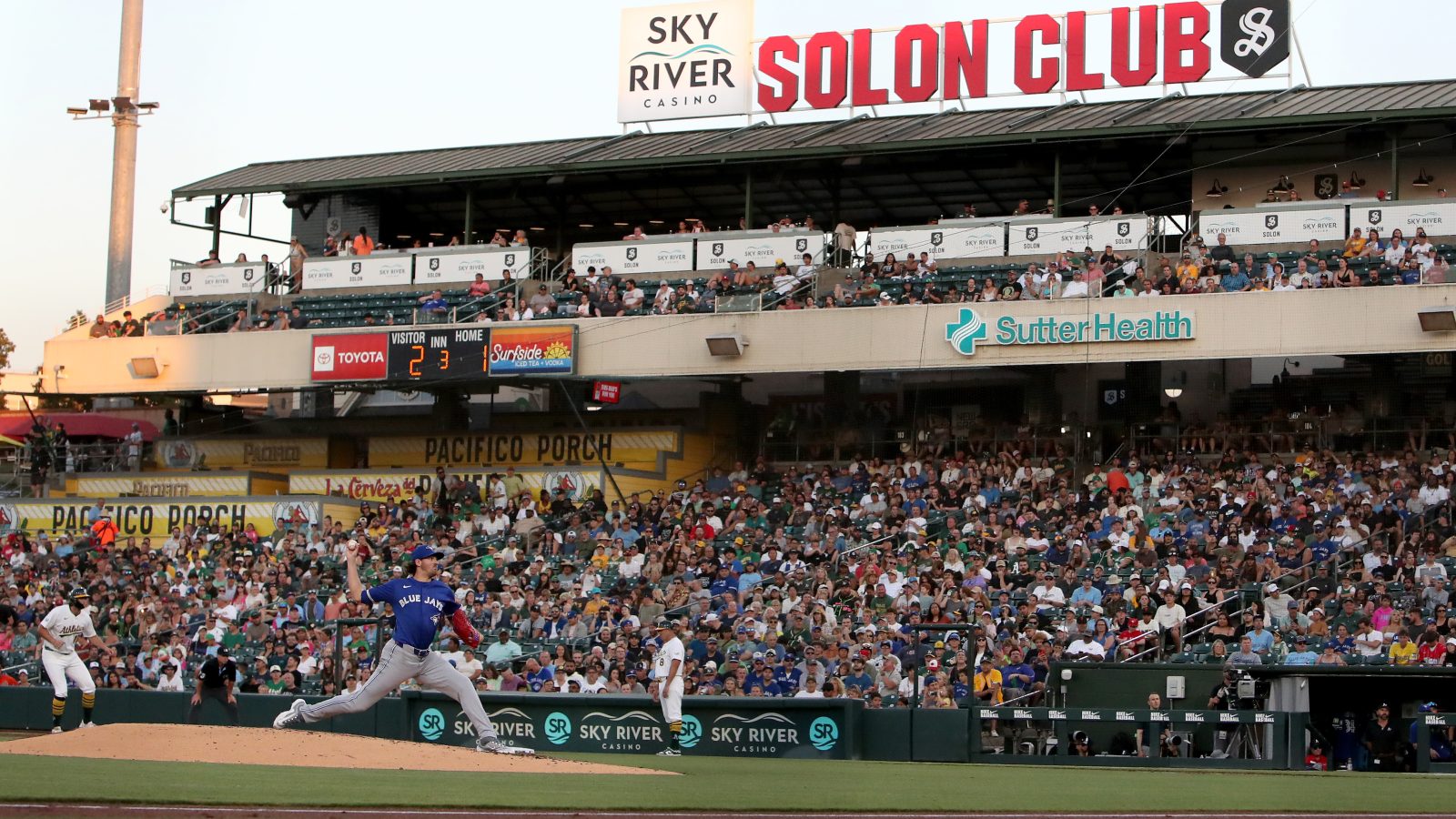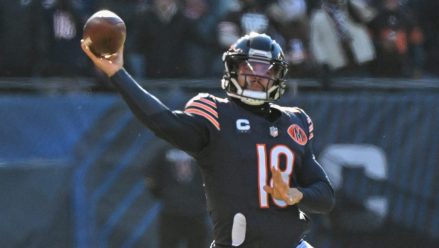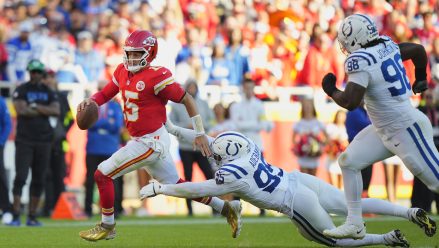Kalshi has adjusted the odds on a number of unusual bets made earlier this month, after what InGame understands to be a technical error involving a large trader’s systems.
However, the new odds for the trades may raise questions about how adjusted prices are determined. While trades on some games seem to have been adjusted back to fair market value, trades for other games were changed to prices that still appear far from what might be expected.
The decision comes a little over a week after Kalshi placed an unusual flurry of MLB trades “under review.” The $162,000 worth of trades — all made in a 12-second window — included a large number of bets made at 99-cent odds, implying a 99% probability of occurrence. All of the bets were on MLB game winners, and placed pre-game, where a favorite with anything close to a 99% chance of winning is far outside of the ordinary.
In total, 86 trades — all made at 99% odds and worth more than $100,000 combined — were adjusted. The remaining 60 trades that were “under review” appear to have avoided any adjustment.
The adjusted trades will be treated as if they occurred at the new odds, rather than being cancelled. However, a spokesperson told InGame that the exchange also provided payments to make the affected counterparties in the trades whole, meaning that they will get to keep any profits made from taking the other side of an erroneous bet.
Technical error from large trader causes adjustment
A Kalshi spokesperson told InGame that the error was caused by a technical error from a “large trader,” causing bets to submit at extreme prices. The spokesperson also said the exchange has an obligation to prevent extreme price movements that don’t reflect real changes in the market, and was required to review the trades.
Kalshi’s rulebook notes that “events caused by malfunctions on its platform or errors in orders submitted by traders” can be a cause for a cancelled trade.
“However, due to the fully collateralized and short-term nature of trading on Kalshi, the circumstances in which this authority may be exercised are limited,” it adds.
The rulebook goes on to say that these cancellations may only occur in “extraordinary circumstances,” but what may qualify as “extraordinary circumstances” is not defined. It is also not clear how the error may have occurred.
According to Kalshi’s log of exchange notices, this trade adjustment is the first one in its history, suggesting an error of this type is an uncommon occurrence.
Regular individual traders using Kalshi and institutional market makers use bots for making trades. Kalshi’s website notes that designated market makers — who receive reduced fees or other benefits from Kalshi in return for providing liquidity by placing a large volume of standing orders, typically on both sides of a market — trade on MLB markets, starting at 8 a.m. on the day of a game.
Kalshi’s largest market makers are believed to be the in-house Kalshi Trading and Susquehanna International Group’s sports arm. However, the exchange does not publish details on where individual market makers make their trades. Other smaller market makers exist too and it’s possible that the “large trader” was not a designated market maker.
Adjusted price criteria not clear
According to the Kalshi rulebook, if a trade meets Kalshi’s standards to be cancelled and adjusted, the exchange works out a “fair market value for the contract at the time of the questioned trade” based on recent trades and “other relevant market information.” It then adds a range of 20 cents — in terms of the price of a one-dollar contract, the equivalent of 20 percentage points of probability — in each direction around the “fair value” of the contract. Trades outside of this range may be adjusted.
The rulebook does not explicitly lay out criteria for determining what to adjust a price to, if it determines an adjustment should be made. However, the mentions elsewhere of “fair market value” and the 20-cent “buffer” suggest that these figures would at least form part of the consideration.
The rules add that Kalshi has “the authority, but not the obligation,” to make adjustments and says the exchange’s decisions are not subject to appeal, suggesting Kalshi has a large amount of discretion in setting new prices if an adjustment does occur.
While some of the July 3 trades were adjusted back to prices that an outside observer is likely to understand as almost exactly fair market value, others were adjusted to prices that appear to be more than 20 cents away from what might be expected.
For example, trades on the World Series-favorite Los Angeles Dodgers to beat the struggling Chicago White Sox were adjusted to a price very close to sportsbooks’ odds: 67%. However, bets on the league-worst Colorado Rockies to beat the AL West-leading Houston Astros were adjusted to 79%, despite sportsbooks having the Astros as strong favorites, while bets on the Florida Marlins to beat the Minnesota Twins in a clash of middle-of-the-road teams were adjusted to 94%, a price that would likely be the shortest pregame odds in modern MLB history. Sportsbooks made the Marlins underdogs.
A spokesperson for Kalshi told InGame that the contracts were re-priced at 20 cents above market value. However, if this method was applied, it appears that Kalshi’s definition of “fair market value” is not in line with the odds that sportsbooks posted for the game in question.
For example, if the “fair market value” for Rockies game was 20 cents below the adjusted price, that would still produce unusual odds, making the Rockies favorites against a team on pace to win 62 more games. On the other hand, a 20-cent buffer applied to the Dodgers game would make the White Sox marginal favorites over a team on pace to record 52 more wins.
When asked for more information on the adjusted prices, the spokesperson declined to comment, citing the risk of manipulation by “bad actors” if more specific criteria was made public.
Will Kalshi take bets on gambling loss deduction cap?
Meanwhile, Kalshi may be considering taking bets on whether the controversial cap on deductible gambling losses contained in the sweeping federal bill signed by President Donald Trump July 4 will come into effect as scheduled.
The exchange notified the Commodity Futures Trading Commission (CFTC) that is was self-certifying a market with the template title, “Will implementation of <legislation> get delayed?”
Polymarket — which is not registered by the CFTC and not permitted to take U.S. customers — previously offered bets on whether the provision would make it into the signed version of the law.







